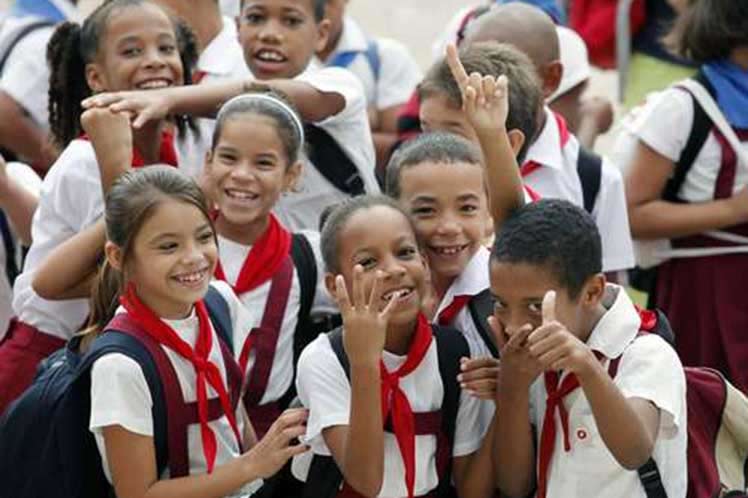The bill contemplates a series of laws that legitimize the rights of minors and the responsibility of families in their formation and care. It also grants children a legal status in accordance with the tenets of the International Convention on the Rights of the Child and prioritizes their access to information, so they grow up in an environment free of violence, identity and family communication.
The new Family Code also introduces new terms such as parental responsibility and progressive autonomy that, far from expropriating parents from the right to care for, protect and look after their children, seeks to promote a change in the way that the upbringing and education of minors is conceived, aimed at guaranteeing their well-being.
“Raising (children) must be an act of respect and love for children. If you give them existence, you must also seek the preparation required for the best exercise of these care roles. The State watches over it and we need to understand that it is something necessary, for the comprehensive protection of children,” Yamila González, doctor of Legal Sciences, told the Cubadebate website.
The bill also presents new features in the section on adoption. Adoption is proposed to be extended up to 18 years of age and all involved in this process have the right to information on it, especially that of children to know that they are adopted. In addition, it introduces open adoption as a possibility to maintain communication links with the family of origin, as long as it is in the interest of the minor.
pgh/llp/oda/mks









